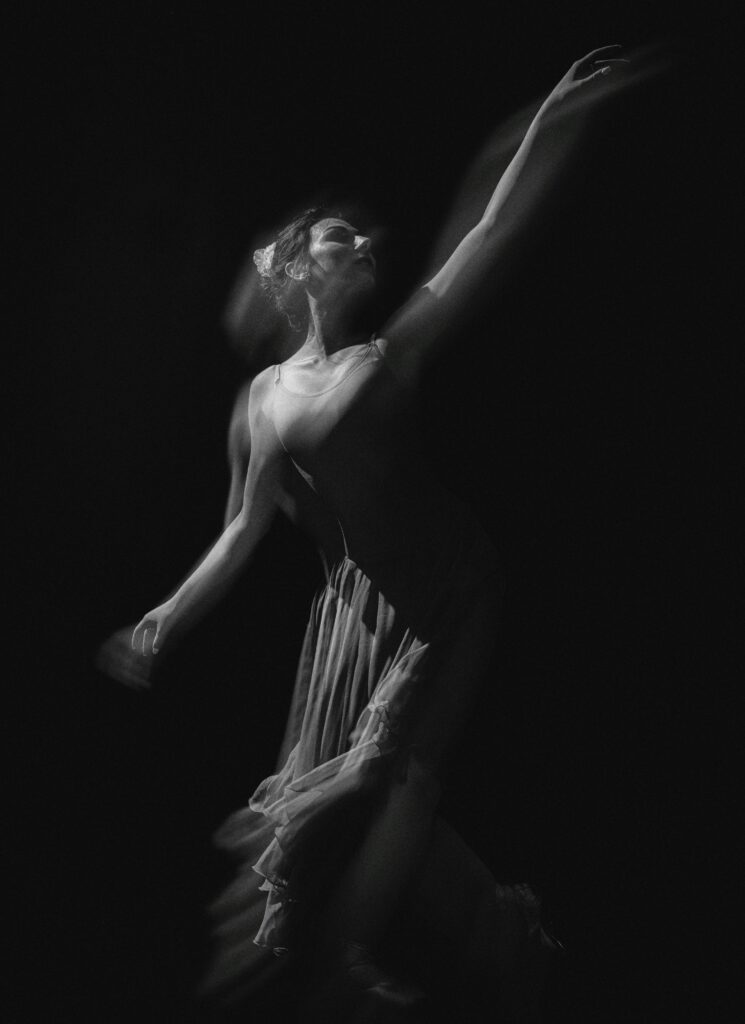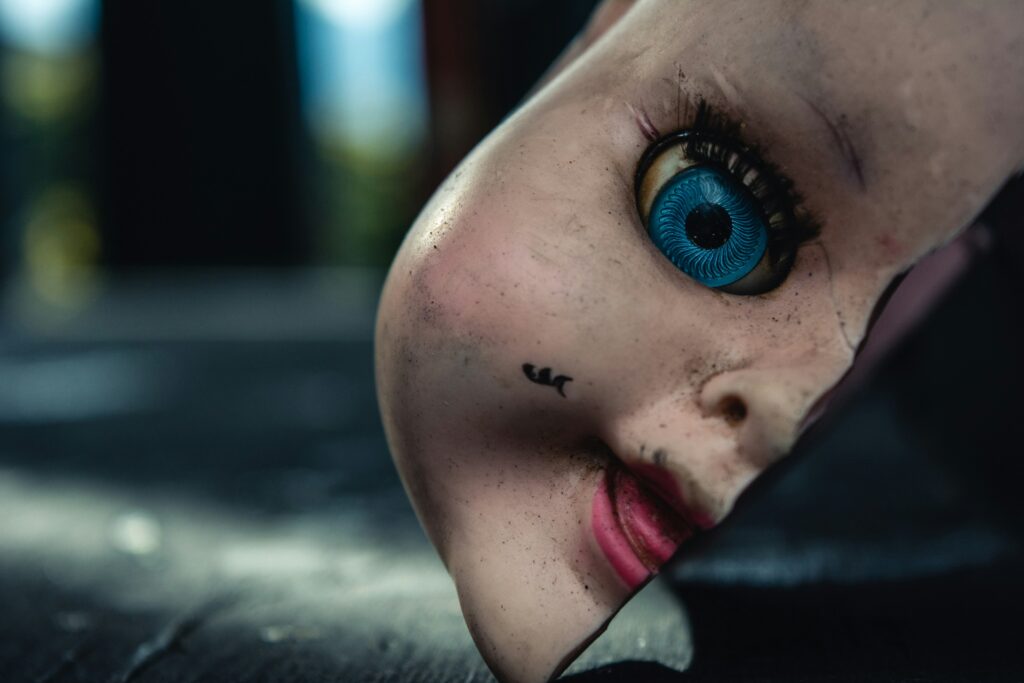THE NIGHT I GOT LOST ON THE WAY HOME FROM CHINA
Mustapha , December 6, 2022
“…And I will think of you when I’m dead in my grave”- Tom Waits
The beginning of this century found me, mentally, in exactly the same place where the end of the last century had left me: existing pursued by shame. The shame had followed me all my life, from place to place. This place happened to be the overlit bar of an airport in Amsterdam. Physically I was running from Greece to China. I had worked in Greece for four months, in a town call Oresties on the border with Turkey and the border with Bulgaria, and the border with Macedonia. Border towns, in my experience, are rough. Triple border towns are… well, you know. I had gone to Greece too quickly, with too little preparation because I was running away from shame somewhere else. I had callously told my family that “I might never come back”, making a deposit in the bank of shame. The journey involved flying to Athens, changing onto a tiny, terrifying plane to Alexandropolis, which didn’t live up to the grandeur of the name, and then getting a taxi for what seemed like forever to my new home. I was dumped out in the dark, over charged, ripped off and lost as usual. “They screw you as you leave the airport”, as good an axiom as Nietzsche ever came up with. I lived in a cockroach infested apartment. The couple next door fought, physically, constantly and loudly, the lady upstairs was insane and screamed her way through the night. I went up to her door once and it was covered on the outside with scratch marks from human nails. When I stood on my balcony – yes, I had such a thing, and it was the only place I could escape the army of roaches – I saw the rats, dogs and Albanian illegal immigrants fighting over the food. Never bet against the rat. The first day of work I turned a corner and walked directly into the chest cavity of a boar, gutted and hanging outside a butcher’s, so I started my teaching career there marked with blood. There was no way to go anywhere from there. I didn’t drive, there were no buses, there was only the train which I jumped on and used to run away almost the some moment I discovered it existed. That train journey was like a hallucination. I couldn’t get control of my breath. I listened to Cornershop’s song ‘It’s good to be on the road back home again’ (“drinking to my friends and drinking to my foes, for both keep a young heart moving…”, “for I’ve lost myself searching for what I ain’t, it’s good to be on the road back home again, again…”) and to John Cale’s Paris 1919 album (“I suppose I’m glad I’m on this train – again”) over and over on that journey. But before that I lived in that place for four long months, like a very poor man’s Graham Greene. The town was built in concrete squares. It was built in the 1970s by Greeks returning from emigration to Germany. That hopeful beginning made the reality even sadder, for almost nowhere I’ve ever been has been more ugly. I taught English to teenagers who were more bored even than usual teenagers and the fact was that they had every right to be. They killed themselves at a rate of one or two a month by getting drunk and crashing on small motorbikes. It was ever so slightly like being at war, the amount of young men killed and injured. Also, being on the border between Greece and Turkey it was a military town and so pretty rough round certain bars in the nighttime. It was easy for a foreigner to find trouble there, it was sent to your table, compliments of the house. It was difficult to get across that border although it was walking distance from my flat. They made sure that when the Greek side was open the Turkish side was shut, and vice versa, most of the time. I did get over once and found that the scene on the Turkish side was a mirror image of what I saw on the Greek side, the same old men with dark moustaches sitting outside little cafes under bird cages, drinking the same short, strong coffee. Same food, same culture – nearly – but I don’t advise saying this too loudly in the little bar district of good old Orestias. This is not an original insight but it is none the less true or important for that. I was aware that Greece would collapse economically well before most economists, the roaches told me and the roaches know things we will never know. They made me sign a kind of roach official secrets act to get out of there alive so I can’t tell what they told for fifty years. I got to know them, respect and fear them. People who say they aren’t afraid of roaches mean they aren’t afraid of ONE roach or that they have never shared a small flat with countless thousands of them. Believe me you know who’s in charge under those circumstances. I ate Yearas, or Kebab depending on your politics, drank Heineken and went slowly insane for those four months before I fled.
Now I was running away from shame in Greece but it was only the latest in a long list of things I felt ashamed of. My whole life I had moved from one thing to another, then one place to another, never quite achieving what I might have, never quite finishing what I started. Every place I left, every thing I left incomplete left me that little bit more ashamed and I carried that with me all the time so that every new thing I did felt like nothing but a signpost to my previous shameful acts and I became more and more fearful that doing anything made me more likely to be noticed and therefore found out about the things in my past. The past is always present and nothing is ever forgiven – ever. Everyone has it coming and we all have the Devil to pay. The feeling I’m describing began for me when I was about twelve and I met the Devil. He was just there in the front garden one day and he stayed with me for years after. Later he moved into the background more and dispersed, not so much a physical presence any more, just a part of how I thought and felt. Now you might say, “Twelve, eh, that the onset of puberty, that’s all” and you might be right but I guess I’m like a born again Christian, I just have a personal relationship with the Other Fella and as the Saved say of Christ, if you haven’t met him, you can’t understand. He looked different at different times. Sometimes he looked just like ‘The foxy-faced gentleman‘ from the Beatrix Potter stories.
My friend Kevin had given me a set of two Tom Waits CDs to keep me company on the trip. This was at the time when old Tom was dealing with his Alice in Wonderland addiction and there was an album of slow songs from the theatre production he had worked on based on Alice and another album of rougher tracks in the Bone Machine type of style. I had bought myself a Sony MiniDisc player. It had taken me days to transfer all my music onto the brightly coloured plastic discs or the darker ones that looked more serious and held something like forty-eight albums, an unthinkable amount of data to me back then. I was very attached to this new machine. I have always had a tendency to become attached to an object and to the idea of that object, as if it will be capable of mediating between me and the world, as if that object will provide me with the necessary tools to deal with, communicate with and control my environment.
I feel that way now about my ‘office’ – an iPad and a MacBook – but I have also felt that way about a bass guitar, a Samsung netbook, an MP3 player, a large old-fashioned record player, hundreds of notebooks, several bags (sometimes at once) and a host of other things. At this moment a functioning copy of Microsoft Word would change my life completely.
This could be a hangover from my catholic background to do with the reverence for relics.
I still have that old MD player though it doesn’t work properly anymore and I don’t have many of the discs left but the object itself has some magic about it. I can’t find the disc with the Tom Waits albums on it, another piece of the true cross.
I had flown from Dublin to Amsterdam and had a wait for my next flight to Beijing. So I was back with the Heineken and listening to Tom singing that line that still haunts me: “…And I will think of you when I’m dead in my grave.” Ok, so it’s about obsession, still thinking about something when you’re dead, but there’s a twist to it, a reversal of the idea of remembering the dead which throws that idea into sharper relief like shadowing on a painting. It’s an infinity sign of the connections between the living and the dead. It’s really an example of the magic you can make by editing words together in the right sequence, the difficulty is in catching the little suckers and pinning them down.
I will listen to one album over and over again if that feels like the perfect soundtrack to my mental landscape at that time. There’s a point when an album becomes too moving or appropriate to listen to, so that it’s almost as painful as reading your own work, and another point close by it when an album is perfect for the time. There was a time when I couldn’t stomach From Her To Eternity, and a time when I didn’t want to stop listening to it, when I only felt alive when I heard, “I wanna tell you about a girl…” Amsterdam airport is a ‘quiet airport’, they have no public address system, so I was free to combine drink, music (in my memory you could smoke there also, you could smoke nearly everywhere in that country) and that feeling of being BETWEEN that travel gives you to go somewhere fictional in your head. The time to board the plane came, they changed the gate twice, and I entered that unpleasant mental space of long haul flight that combines all the worst elements of a long train journey with none of the good.
You may also like
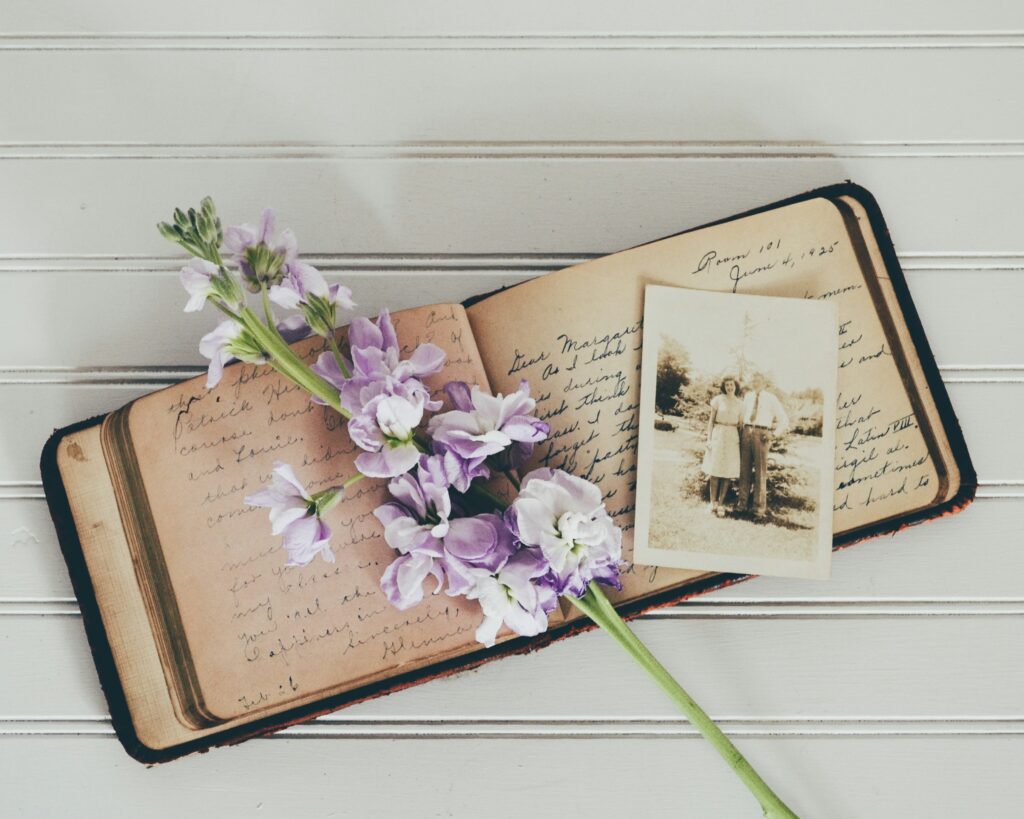
Eyes of the Beholden
Unspoken desires linger in the shadows of a teacher's life, revealed through art
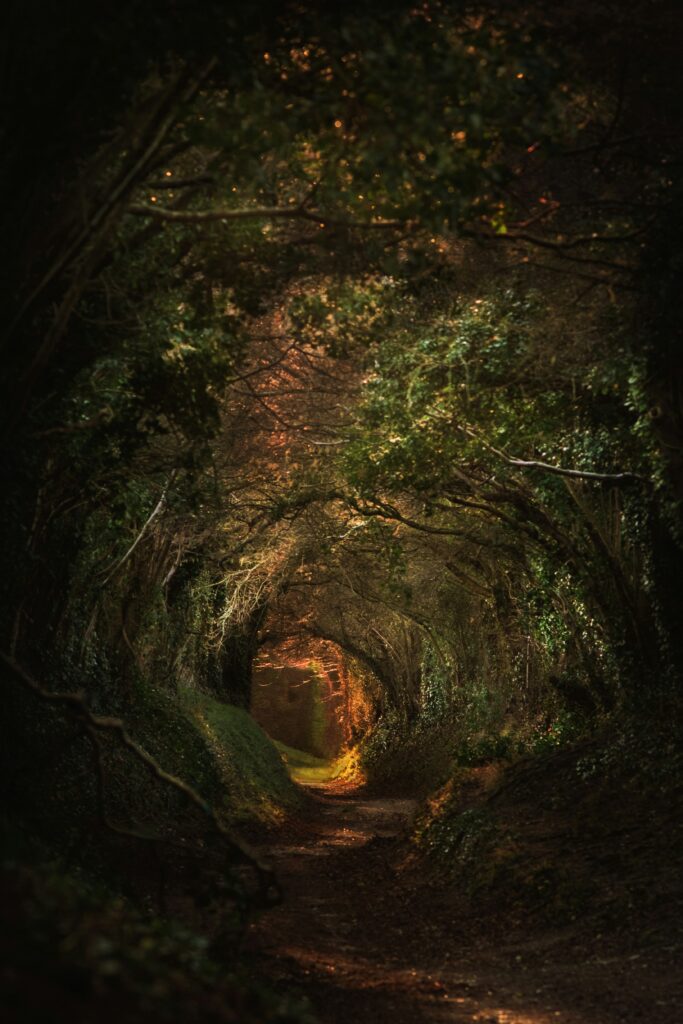
LOST
Bessie's odyssey through stormy nights, lost love, and secret graveyards unfolds with haunting beauty in "Lost" by Sandra Dennis.
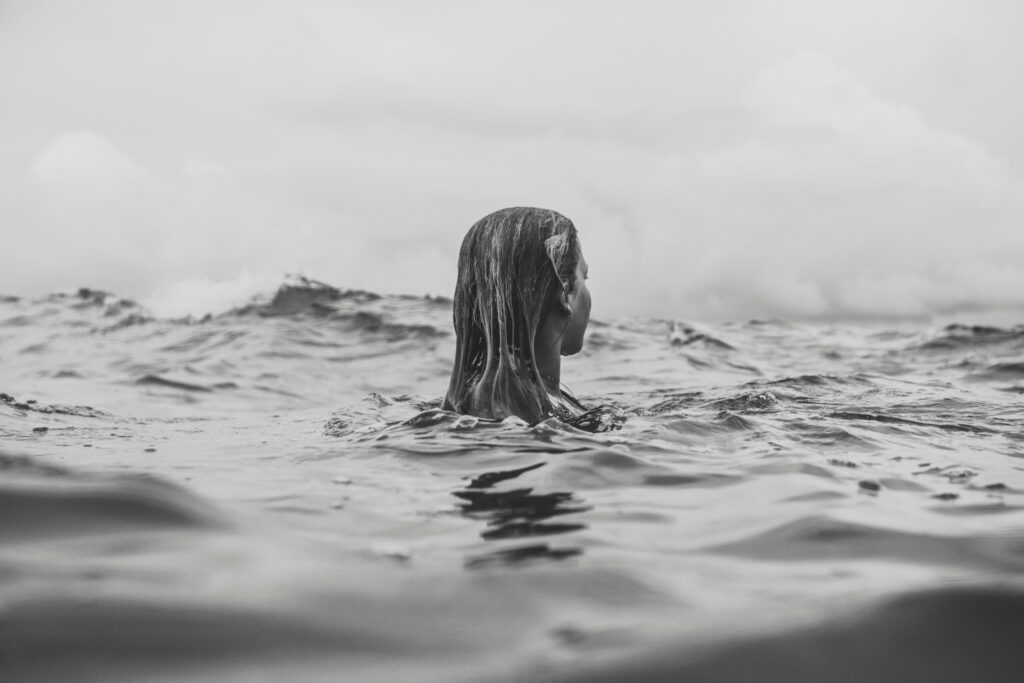
Water Rising
Amidst a flood, a woman grapples with the past, and confronts the consequences in this haunting narrative of resilience.
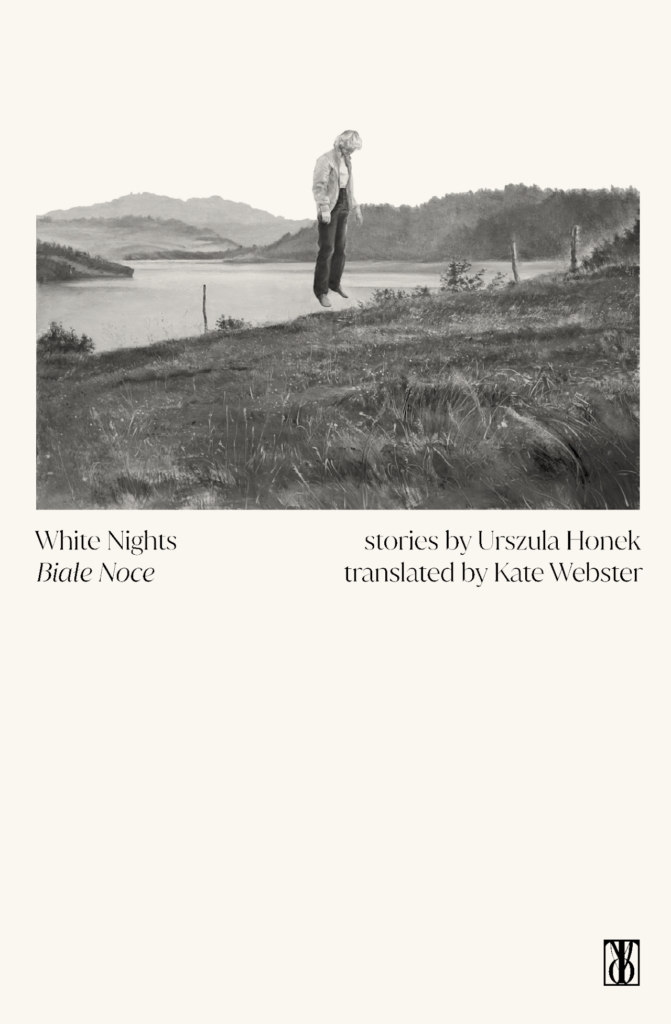
Book Review: White Nights by Urszula Honek
The debut short story from Polish writer Urszula Honek, White Nights, is akin to reading an account of a haunted place – one that is beautiful and devastating in equal
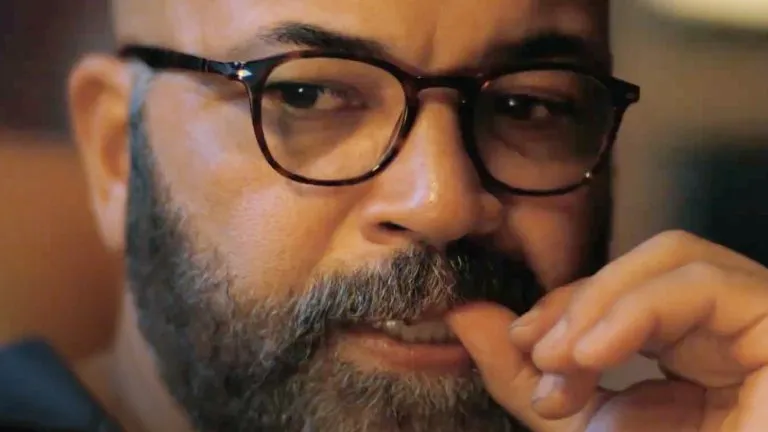
Beyond the Surface: The Multifaceted Lives of ‘American Fiction’
In essence, "American Fiction" and the experiences it draws from remind us that we are indeed more than the sum of our parts.
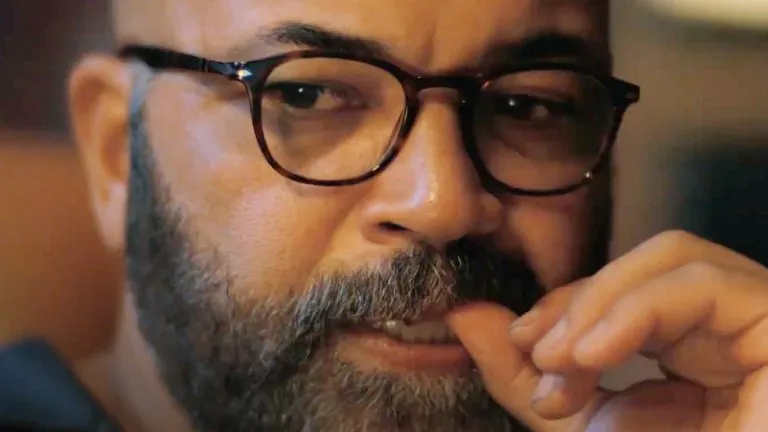
Beyond the Surface: The Multifaceted Lives of ‘American Fiction’
The narrative of “American Fiction” unfolds with a dual focus: it not only scrutinizes the unique pressures faced by Black creatives but also delves into the intricate and sometimes tense…
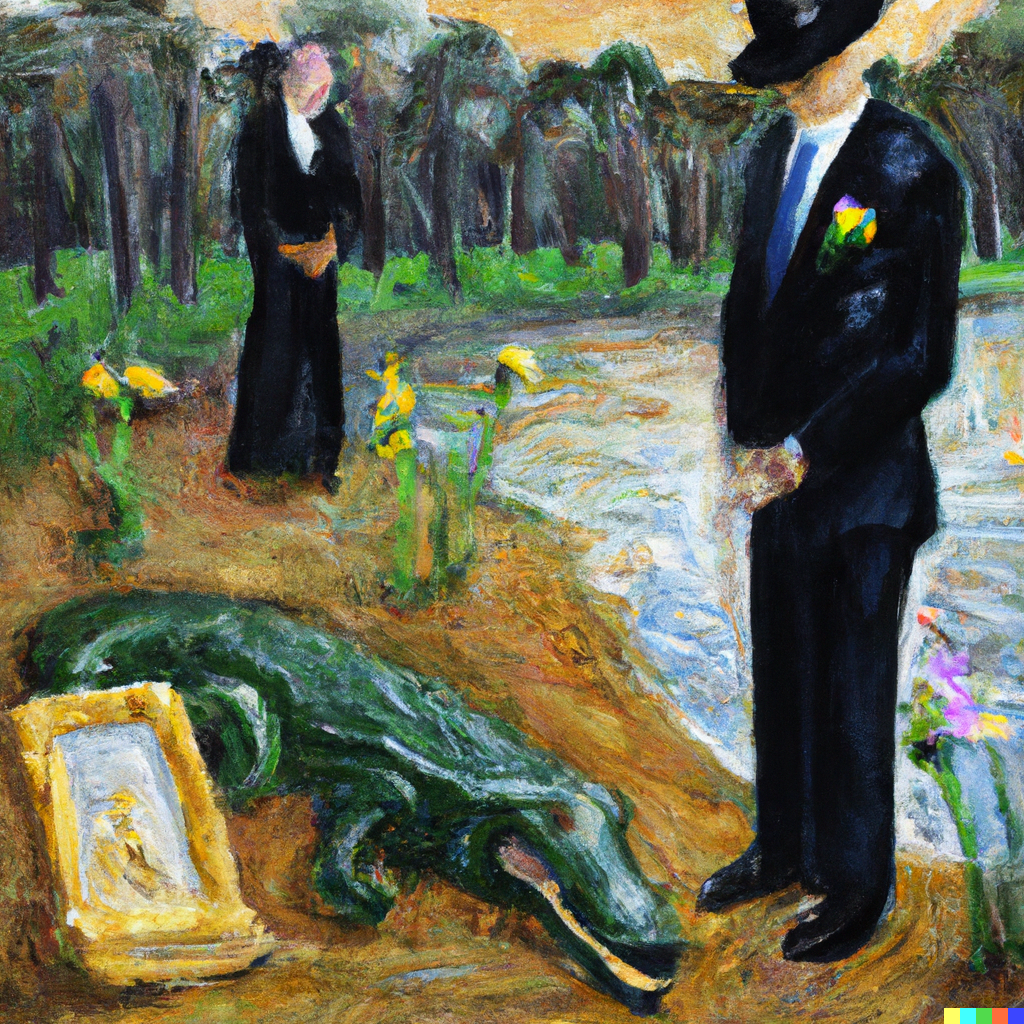
Uncle Bobby’s Funeral
Reluctant family faces the eccentricities of Uncle Bobby's funeral in swampy Chipley.





